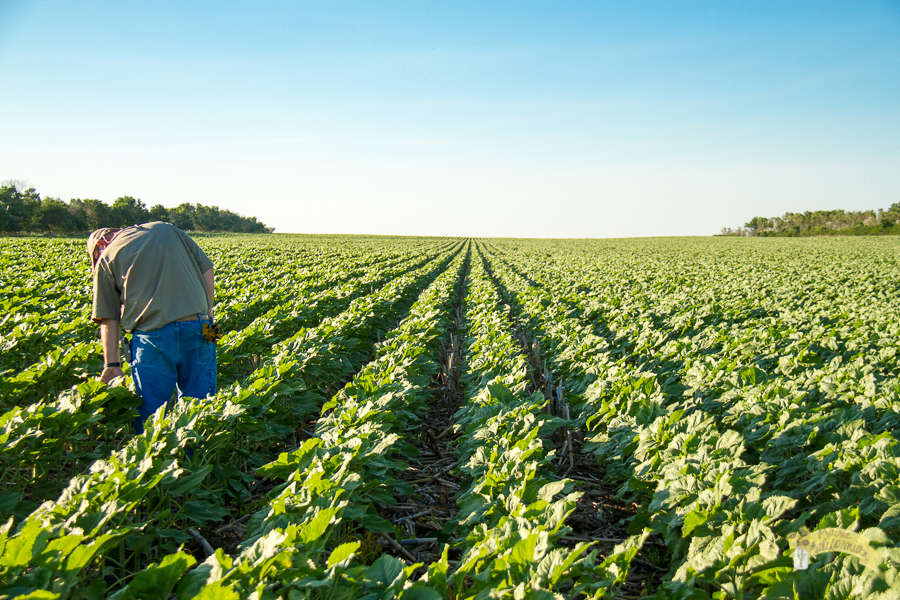
Precisely what is an agronomist?
An agronomist is a specialist who applies scientific knowledge and methods to the management and creation of crops. Agronomists do the job in many different settings, from farms and ranches to governing administration organizations and private businesses. They might also work in research laboratories or instruct at colleges and universities.
Most agronomists have at the least a bachelor's degree in agronomy or possibly a connected field, which include agricultural science or soil science. Quite a few agronomists also have master's degrees or doctorates. The exact nature of the agronomist's work depends upon his / her specialty and employer.
Agronomists Perform a vital job in guaranteeing that crops are healthy and successful. They use their understanding of plant science to develop strategies to improve crop production, fight pests and diseases, and preserve water and also other resources.
The function of the agronomist
is to help the planet fulfill its developing food output needs. In accordance with the U.S. Bureau of Labor Figures (BLS), work for agronomists is expected to expand quicker than typical, with openings because of expansion and replacement requirements.
The work of the agronomist
is difficult and fulfilling, with agronomists frequently becoming involved with research and training.
The schooling of an agronomist
Agronomists want at least a get more info bachelor's degree in agronomy or relevant subject from an accredited university.
The future of agronomy
Agronomists help to make certain that the whole world's population has sufficient foodstuff, they usually work to enhance crop yields and lessen agriculture's influence on the ecosystem. The BLS says that agronomists are in demand, but Competitiveness for Employment is probably going to generally be strong.
Summary
Agronomists are focused on the study of plants, and they perform in a number of fields, from agricultural analysis to boosting crops. Agronomists are essential to make certain that crops are generated for consumption, but they also help produce biofuels as well as other plant-based products.